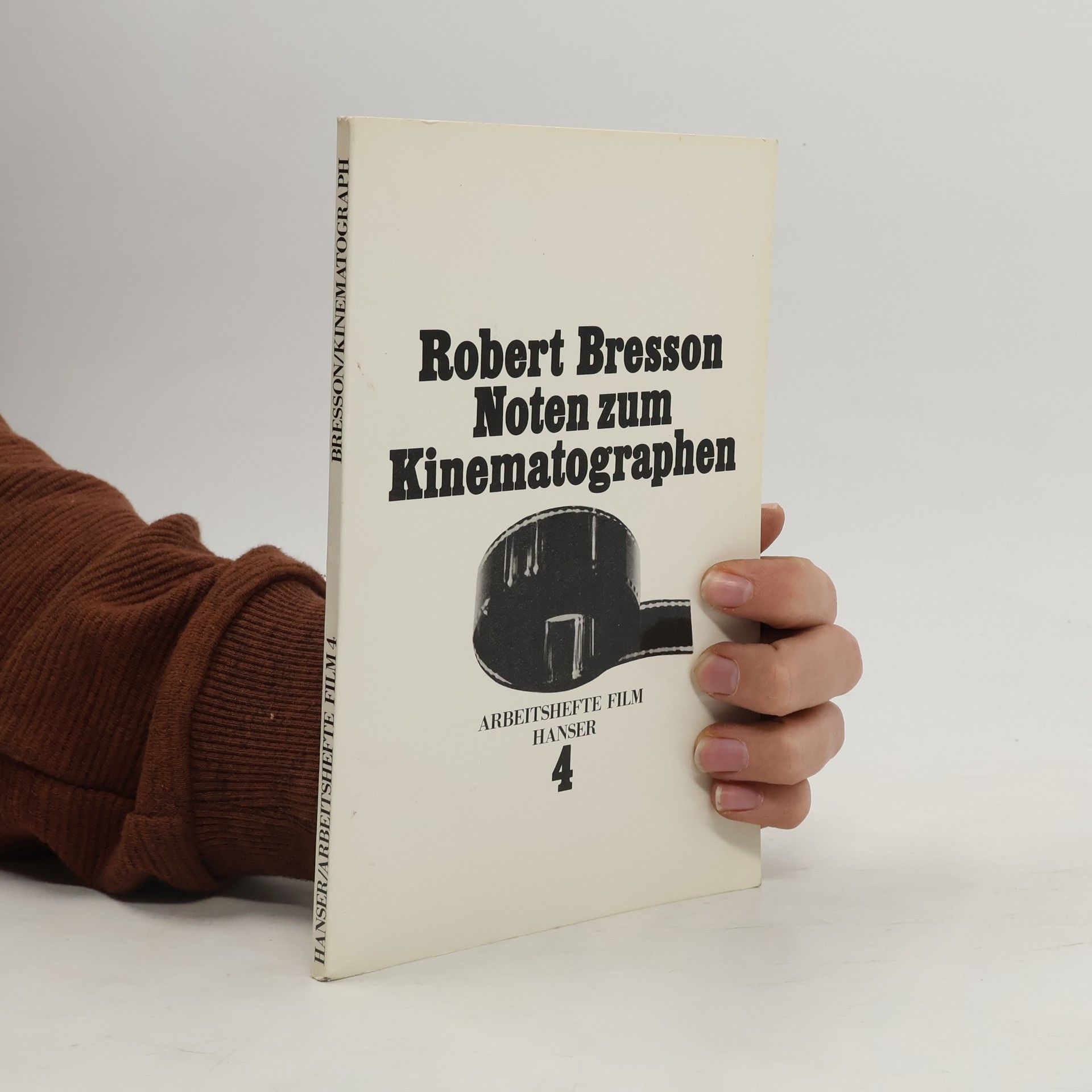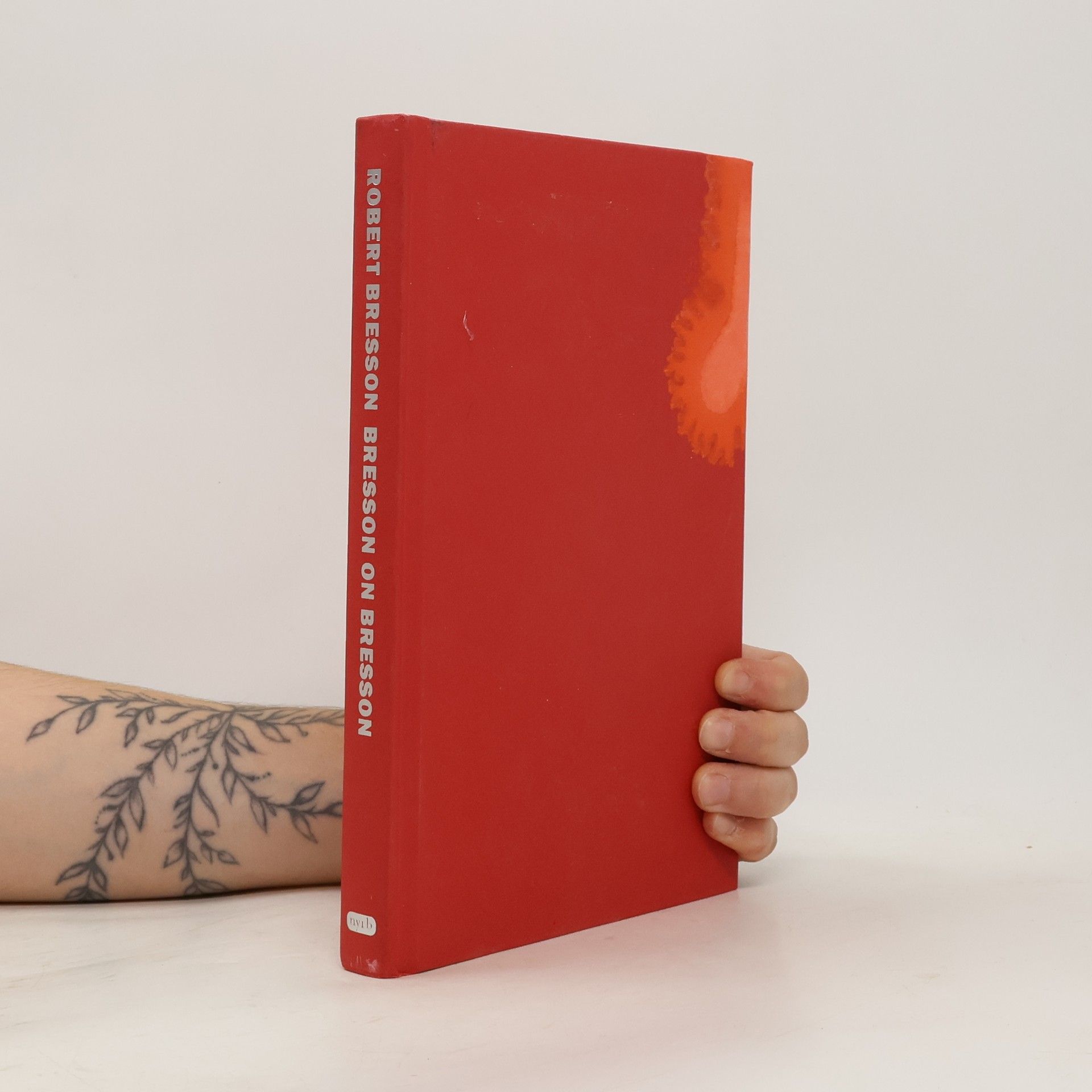Bresson On Bresson
- 285bladzijden
- 10 uur lezen
Robert Bresson, renowned for films like Pickpocket and A Man Escaped, stands as a pivotal figure in French cinema, known for his unique approach and steadfast principles. He favored nonprofessional actors, rejected cinematic trends like Cinerama and Cinema-Scope, and criticized the detrimental effects of capitalism and the studio system on the art of film. This collection assembles key interviews from Bresson's forty-year career, revealing the coherence and exploratory nature of his work. Each chapter focuses on one of his fourteen films, addressing topics such as literary adaptation, soundtracks, and his influential book, Notes on the Cinematograph. His reflections are punctuated by memorable insights, including the idea that "Sound ... invented silence in cinema" and the belief that "It's the film that ... gives life to the characters." Bresson's integrity and originality garnered respect from filmmakers like Jean-Luc Godard and Jacques Rivette. His films, characterized by meticulous deliberation, are equally fueled by a deep respect for audience intuition, emphasizing that "It's always ready to feel before it understands." This collection offers a profound glimpse into the mind of a director whose work continues to inspire.



